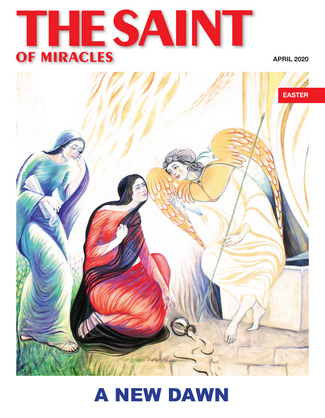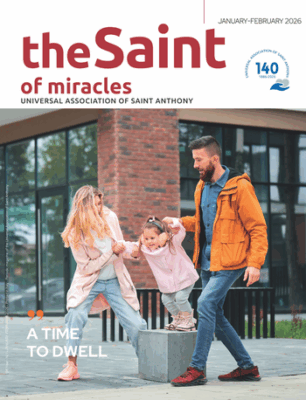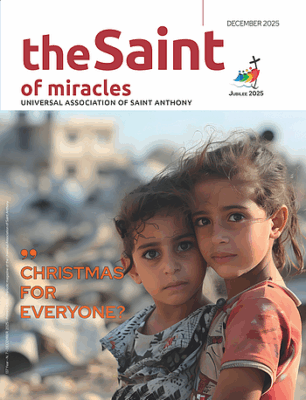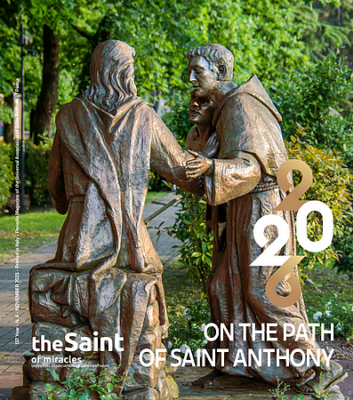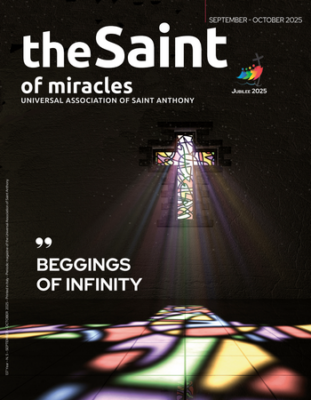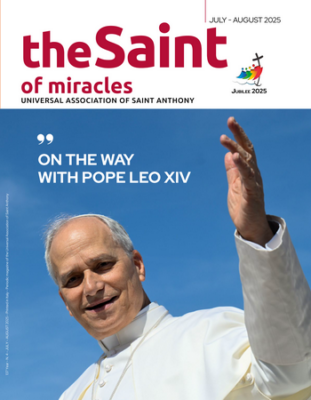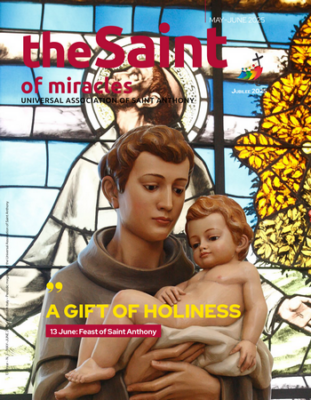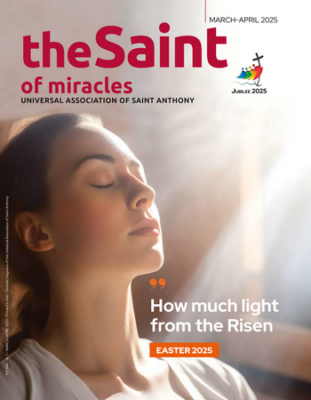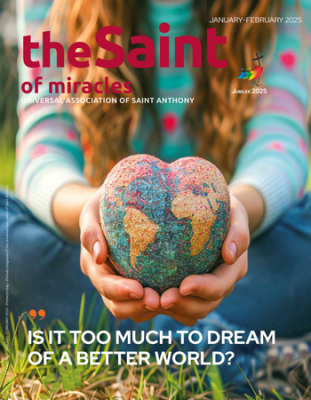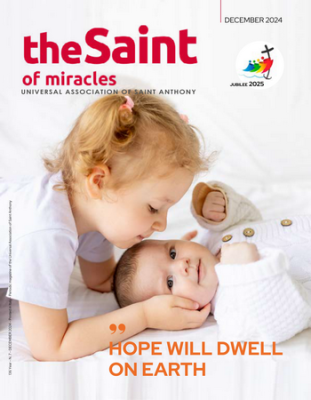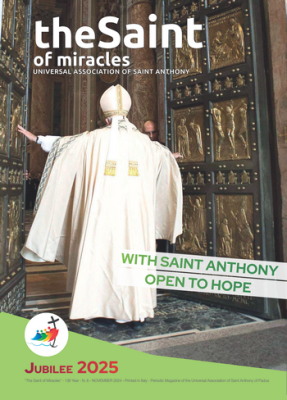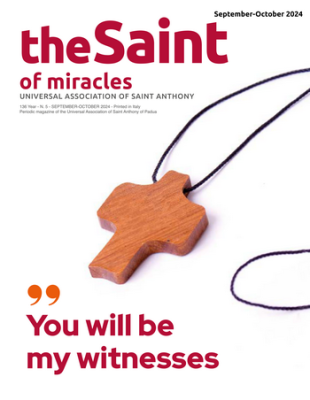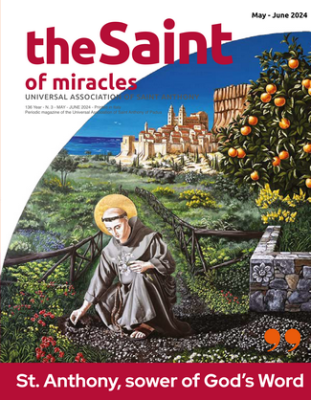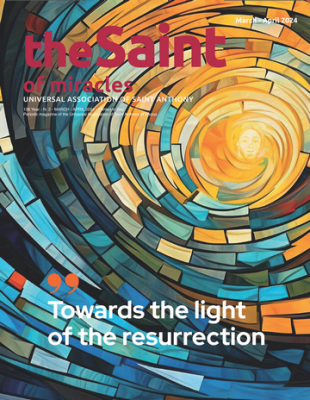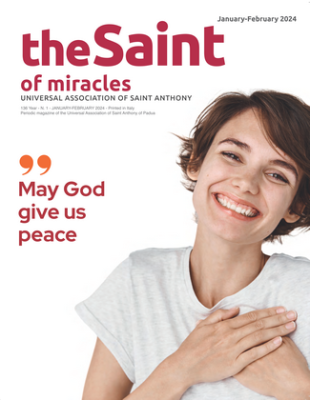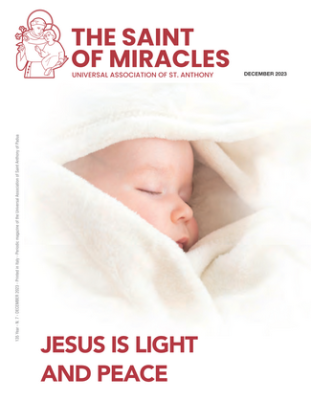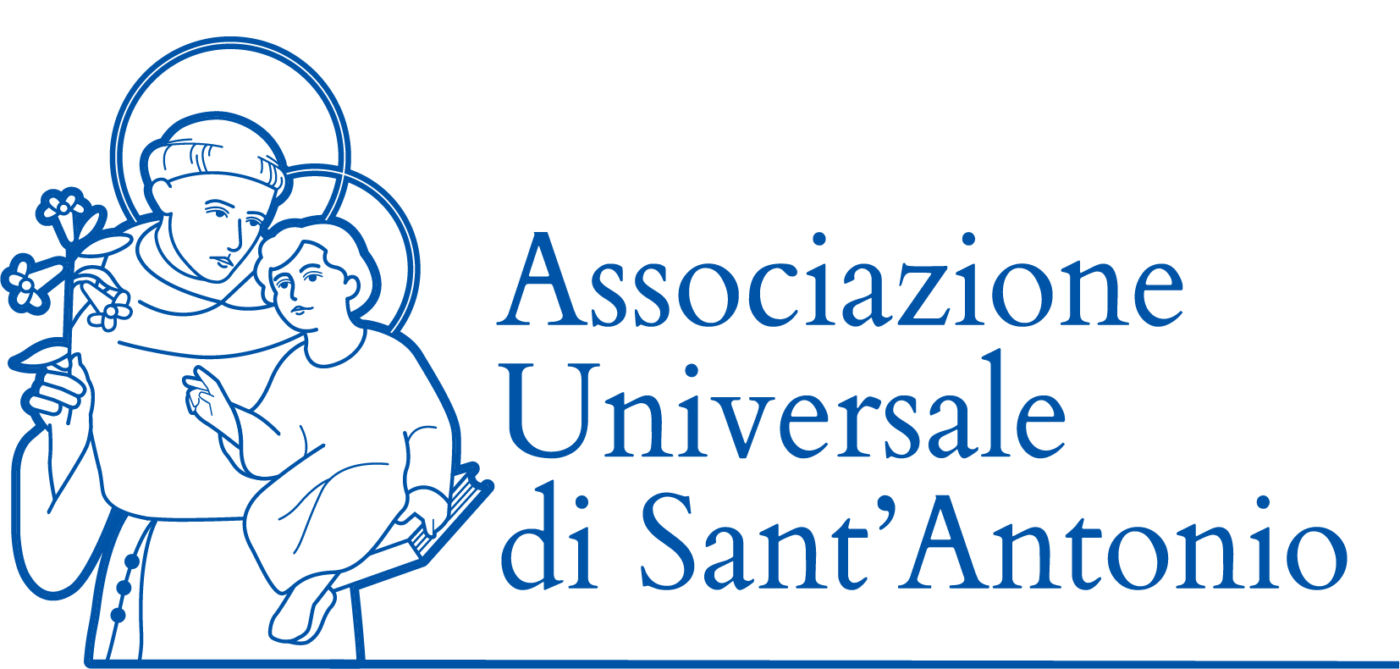Year 132 - April 2020Find out more
A certainty or an excuse?
Editorial Staff
Some time ago I came across this sentence of Father Ghislain Lafont: “God is mercy and we are allowed to be human”, and I liked it very much. I am an old woman, and when I was a child, I was taught the fear of God, of his judgment for every slightest infraction. Growing up and having the good fortune to live in a parish run by the Salesians, I learned that God is above all a father and forgives our faults if we have understood them well and are willing not to repeat them. I’m sure that our young people would also like this sentence very much, but seeing how most of them grow up and live in this time, I wonder if they wouldn’t use it as an excuse to live in their own way, since God forgives everything because He loves us.
A.C.
My dear friend, surely you have never seen—just like me!—the Most High, Almighty Lord and God chasing some evildoer, criminal or infidel... On the contrary, the presence of God in the lives of all his children is a discreet presence that some might classify as an “absence”. In reality, the Lord is present in our lives, but He leaves us all the time so that we can make room for Him in freedom and not in constraint. It is true, the risk that a merciful image of God may open the way to any behaviour exists. Nevertheless, the presentation of an omnipresent and continually disapproving God certainly does not help young people to allow themselves to be challenged and touched by the proposal of a Christian life. The important thing is to present the face of a merciful God in such a strong and true way that each person has time to find a way to respond to love with love. If one discovers and chooses mercy, he or she becomes capable of generously assuming the consequences without fearing the fatigue of commitment and fidelity.


 Italiano
Italiano Français
Français